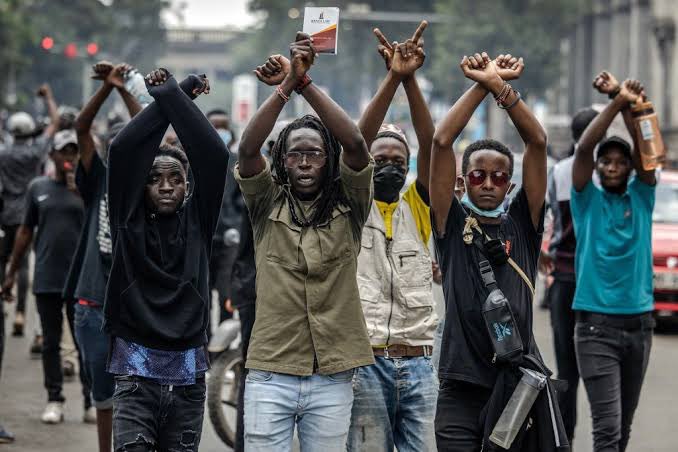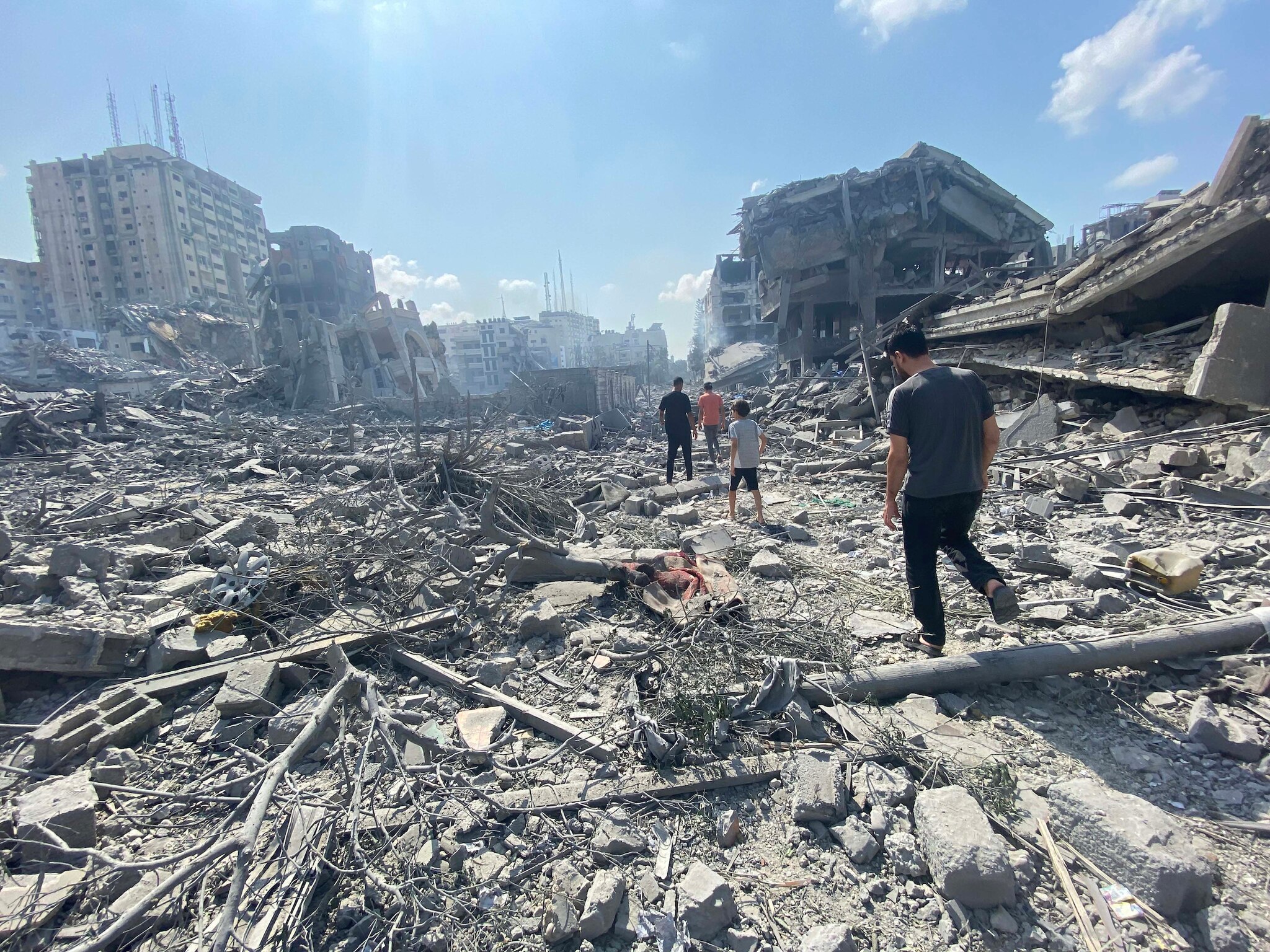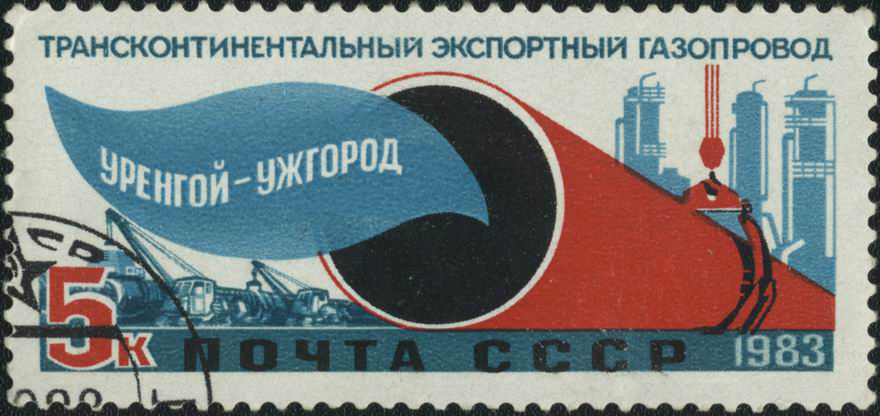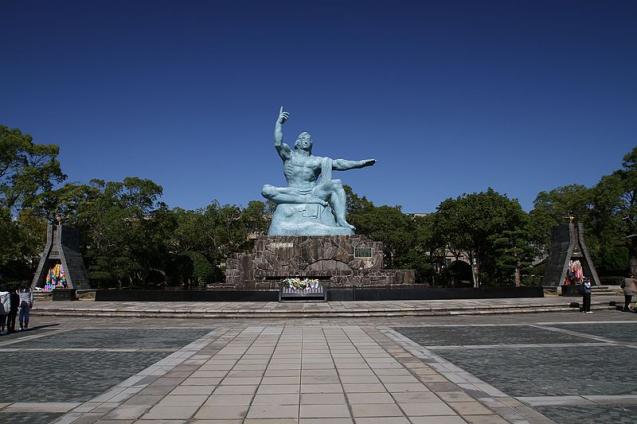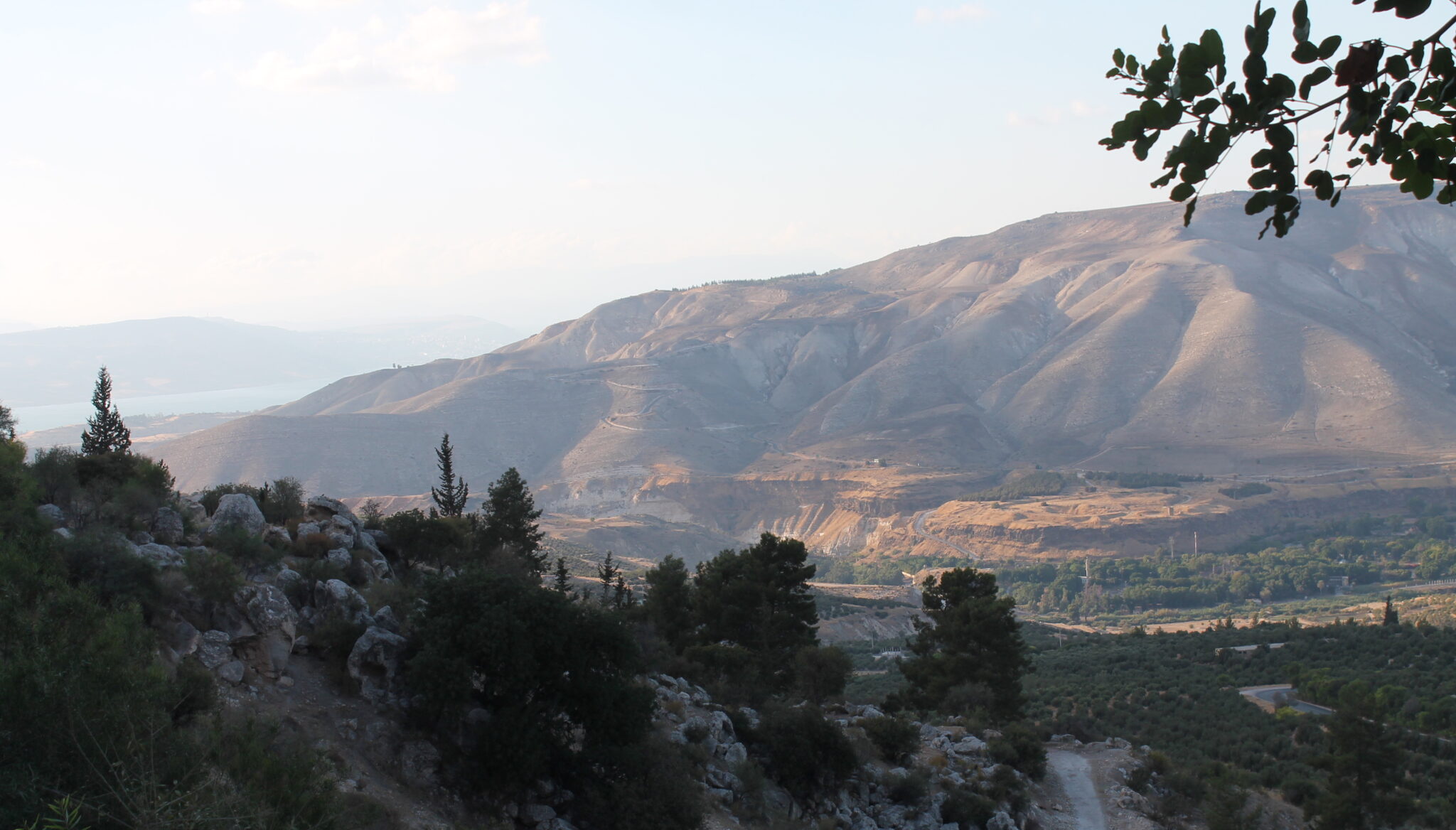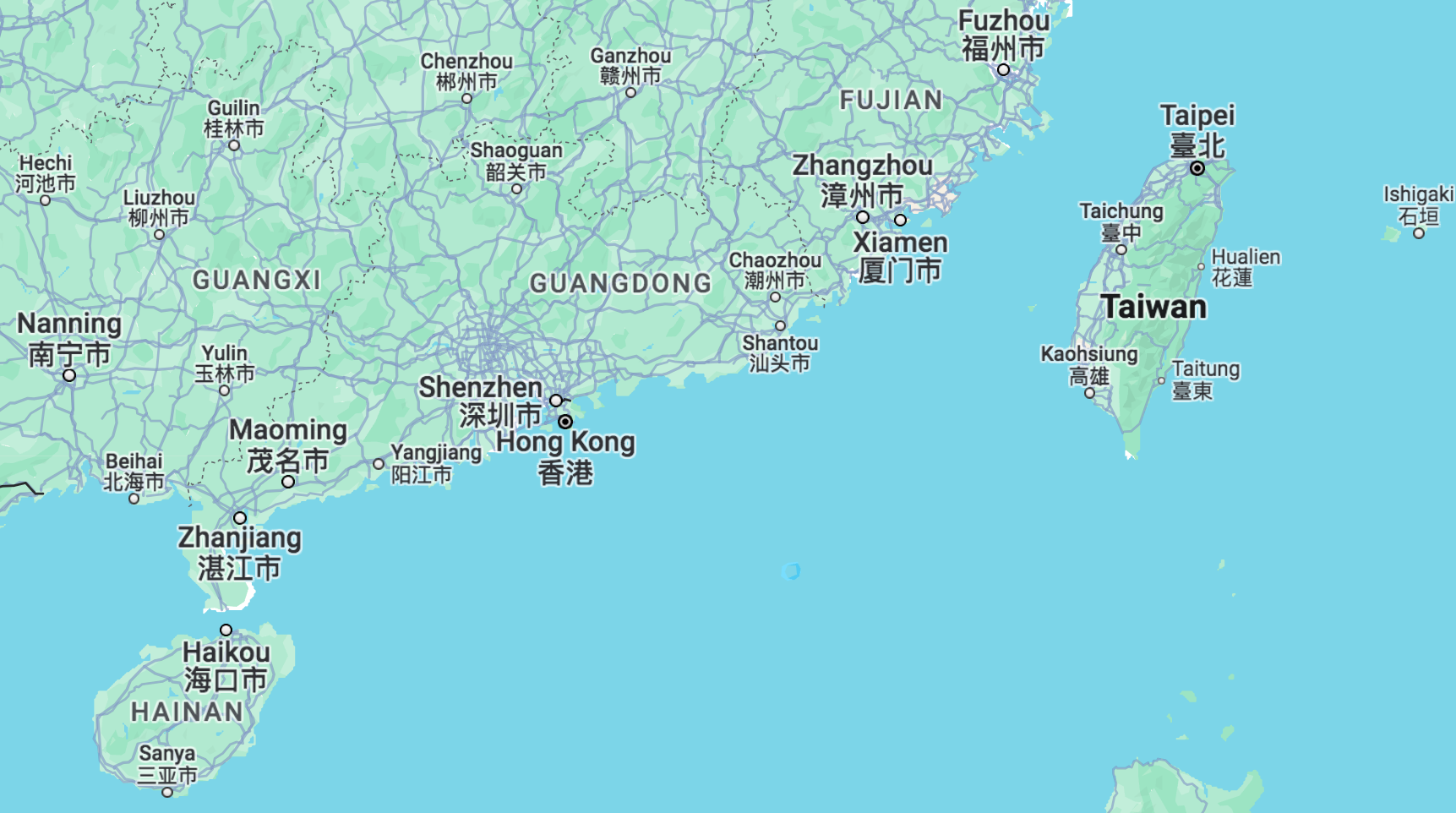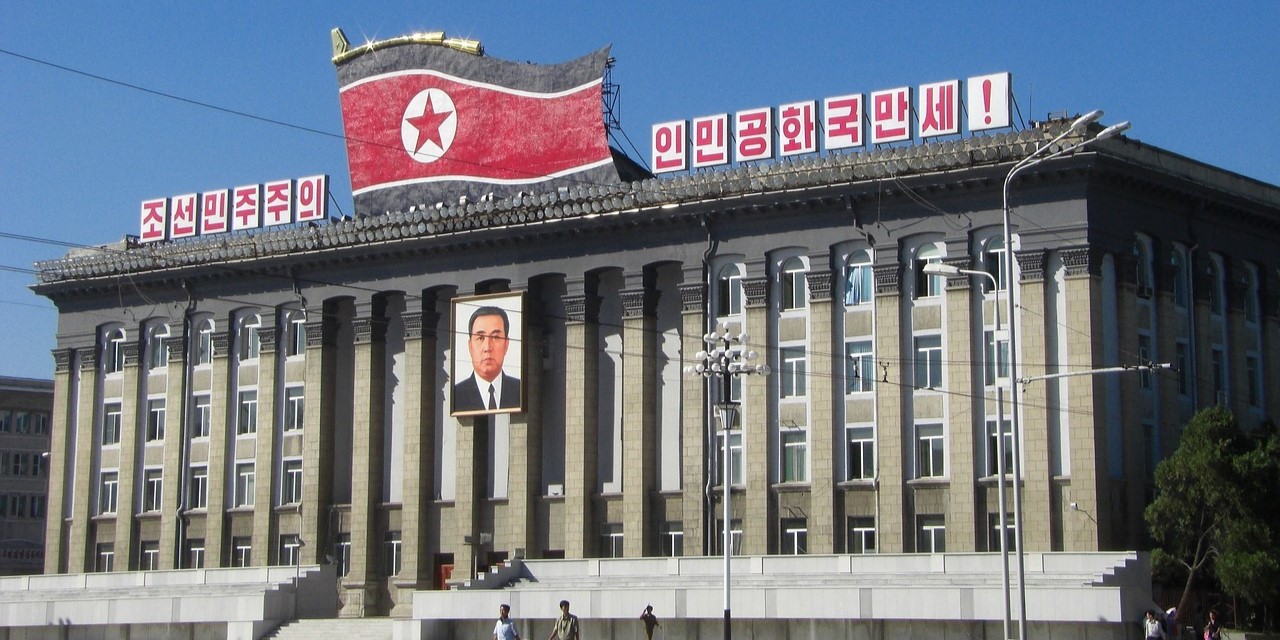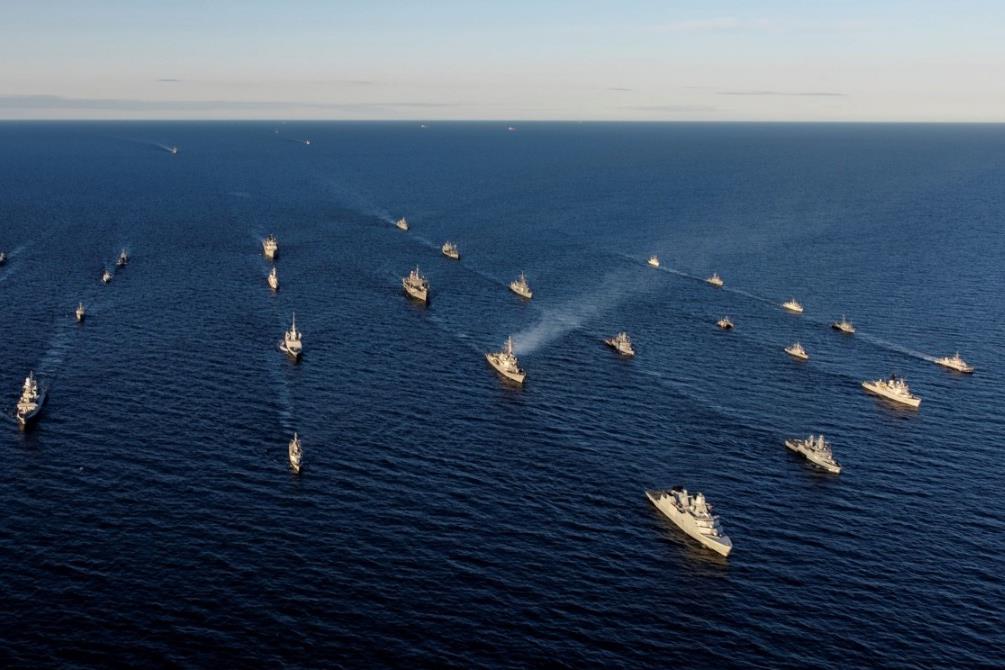Belarus broaches nuclear strike
Belarusian President Alexander Lukashenko charges that Kyiv has stationed more than 120,000 soldiers along Ukraine’s border with Belarus, and says that he is deploying military formations along his own country’s entire border with Ukraine in response. In an interview with Rossiya TV, Lukashenko accused Ukraine of attempting to provoke a nuclear strike from Russia, which has warheads deployed in Belarus. “The worry is that escalation on Ukraine’s part is an attempt to force Russia to take asymmetric actions,” Lukasheno said. “Let’s consider the usage of nuclear weapons. I am confident that Ukraine would be pleased if Russia or we utilized tactical nuclear weapons there. That would bring them joy.” (Map: PCL)



